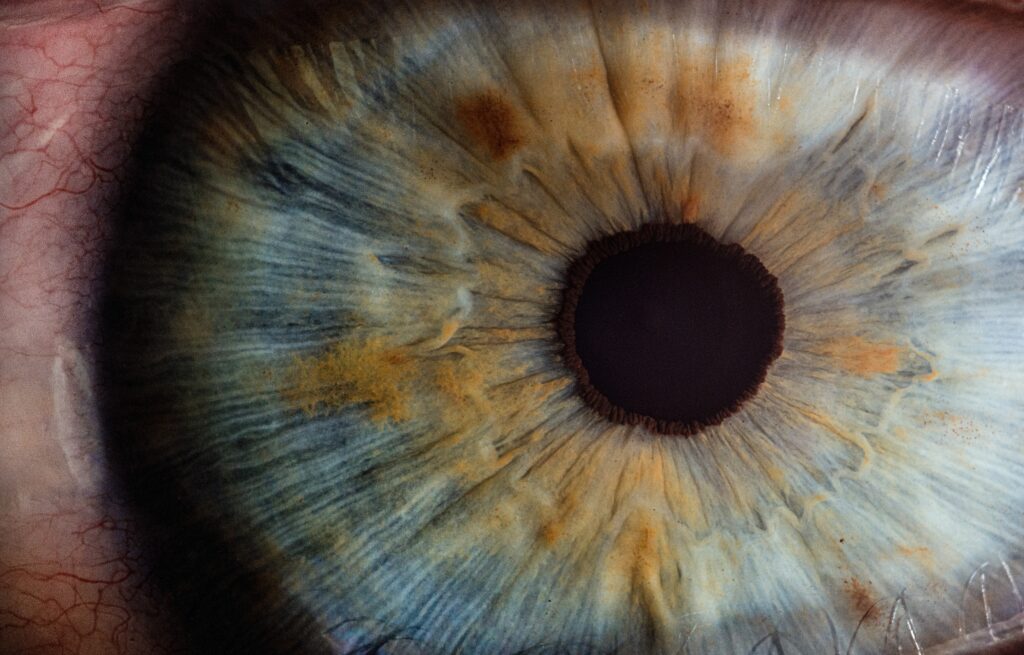According to Fight for Sight, about 120 million will be affected by the condition until 2040
Known as a “silent thief of sight”, glaucoma is considered one of the main causes of blindness worldwide. Only in the United Kingdom, around 500,000 people have glaucoma, according to data from Fight for Sight. Also, it is expected that around 120 million people should acquire glaucoma until 2040.

As a silent condition, glaucoma affects 78 million people globally (World Glaucoma Week) and it is potentially dangerous to the sight since it can evolve to an irreversible stage, causing blindness. Therefore, regular eye checks are crucial to prevent the condition from advancing. “Glaucoma is asymptomatic in its early stages. So, the best way to diagnose it, is to visit an eye specialist to do a check up on the general eye health and analyse how the eye pressure is”, says Laura Crawley, Consultant Ophthalmic Surgeon and Cataract & Glaucoma Specialist.
When the symptoms are felt, the condition is already on its advanced stage. Usually those symptoms include:
- Pain inside and around the eye.
- Peripheral vision reduced.
- Difficulty to see in low light environments.
- If not treated, the reduction of vision increases to the inside of the eye, and it can lead to blindness.
“Glaucoma typically affects those aged 50 and above, yet specific factors like inflammation or eye trauma can induce it in younger individuals. While often associated with elevated eye pressure, diagnosis may occur within a normal range. Regular medical check-ups are crucial for timely detection and management”, complements Crawley.
Glaucoma Treatment in the UK can be found in several specialist clinics. It involves a multifaceted approach to effectively manage the condition and prevent further vision loss. The first step is an eye examination to diagnose and assess the severity of the condition. The treatment options are tailored to the specific needs of each patient. For many individuals, prescription eye drops are a common starting point to reduce intraocular pressure and maintain eye health. These eye drops work by either enhancing fluid drainage or decreasing fluid production within the eye.
In cases where eye drops alone are insufficient, laser therapy may be recommended. Laser treatment aims to improve the drainage system of the eye, promoting better fluid flow and reducing pressure. Surgical interventions, such as trabeculectomy or minimally invasive glaucoma surgery (MIGS), may be considered for more advanced cases. These procedures create alternative pathways for fluid drainage, effectively lowering intraocular pressure. The choice of treatment is guided by the specific characteristics of the glaucoma and the patient’s overall health.
“Although glaucoma has no cure, it is possible to treat it to avoid its evolution. The goal is always to preserve the patients’ sight and allow them with quality of life”, finalises Crawley.
